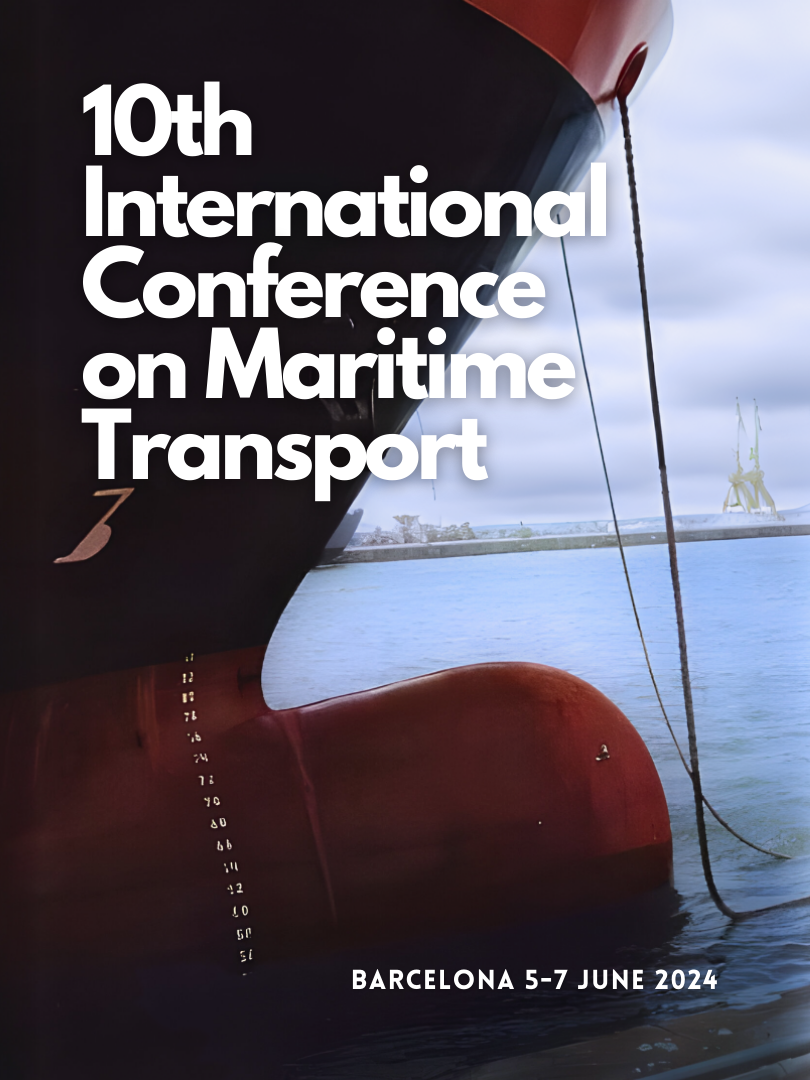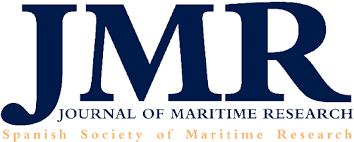ENVIRONMENTAL PERFORMANCE OF BRAZILIAN PORTS WITH CAPACITY FOR MODERNIZATION TO RECEIVE AND OPERATE POST-PANAMAX SHIPS
DOI:
https://doi.org/10.5821/mt.12827Abstract
It is widely known that ports are important infrastructures for the economic development, serving as pivotal entry points for commerce and having, significant strategic importance for countries. The Brazilian maritime sector comprises 35 public ports and 174 Private Use Terminals, and exist a pressing requirement for their modernization and adaptation, especially in view of the increasing size of post-Panamax ships. Out of these 209 ports, just a few have channel depths conducive for accommodating ships with drafts exceeding 15 meters. This highlights the imperative for upgrades to meet the evolving demands of the maritime industry. The objective of this study is to analyze the environmental performance of ports deemed suitable for the development to facilitate the reception and operation of post-Panamax ships. Consequently, emphasis was placed on ports located along the coastal region or major rivers. As a result, as part of this research a selection of 38 ports were scrutinized. The analysis of the selected ports was carried out through the Índice de Desempenho Ambiental (IDA), the most notorious environmental performance indicator used by the Brazilian Government to evaluate the environmental performance of ports, comprising 38 indicators into 4 categories: economic-operational, socio-cultural, physical-chemical and biological-ecological. The results confirm that there are some indicators that are very positive such as the existence of environmental licensing or the provision of qualified environmental professionals. However, there are some indicators with a low performance that should be addressed such as the implementation of emergency response plans and the provision of onshore power supply.














